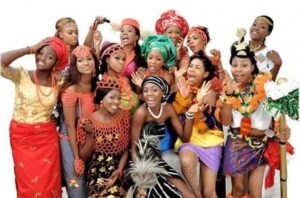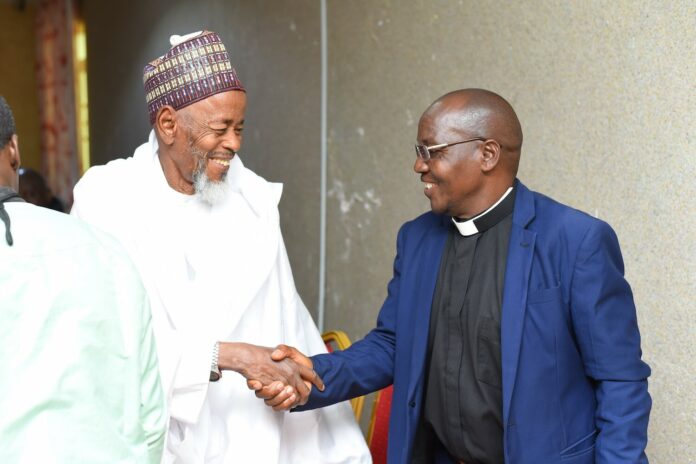Nigeria, a country with over 200 million people, is marked by its deep-seated political and religious diversity. However, these attributes, instead of promoting unity and development, often aggravate divisions and conflicts.
Nigeria’s political setting is significantly influenced by its ethnic and religious diversity. The country comprises over 250 ethnic groups, with the Hausa-Fulani, Yoruba, and Igbo being the most prominent.
Political power is often distributed along these lines, creating a system where ethnic and religious affiliation can overshadow merit and policy. This has resulted in a patronage system where politicians cater to their ethnic and religious bases to secure votes, leading to governance that prioritizes narrow interests over national development.

The rotation of political power between the predominantly Muslim North and the largely Christian South, known as zoning, while intended to maintain balance, has also deepened divisions. This arrangement often sidelines competent leaders in favor of those who fit the ethnic and religious criteria, impeding effective governance.
Religious intolerance surfaces in less violent but equally harmful ways. Discriminatory practices in employment, education, and social services often occur, perpetuating inequality and resentment among different religious groups.
Politicians frequently exploit these religious sentiments to gain support, further entrenching divisions.
Furthermore, the ethno-religious patronage system undermines economic efficiency and growth. When political appointments and contracts are granted based on ethnicity and religion instead of merit, it results in corruption, inefficiency, and inferior public services.

Consequently, this obstructs economic development and deepens poverty.
Addressing these challenges requires different approaches. Promoting inclusive governance that transcends ethnic and religious lines is crucial. Implementing policies that emphasize merit and competence over patronage can enhance public service delivery and encourage national unity.
Interfaith dialogue and education are also essential in reducing religious tensions. By promoting mutual understanding and respect among different religious groups, the government and civil society can reduce the likelihood of conflict.
Additionally, ensuring equitable development across all regions can alleviate some of the economic grievances that fuel ethno-religious tensions. Investments in infrastructure, education, and healthcare in marginalized areas can help bridge the development gap and foster a sense of belonging among all Nigerians.

In conclusion, while Nigeria’s political and religious diversity presents challenges, it also offers an opportunity for rich cultural exchange and robust national development if managed effectively. Overcoming the negative impacts of this diversity requires deliberate efforts to promote inclusivity, meritocracy, and equitable development.




